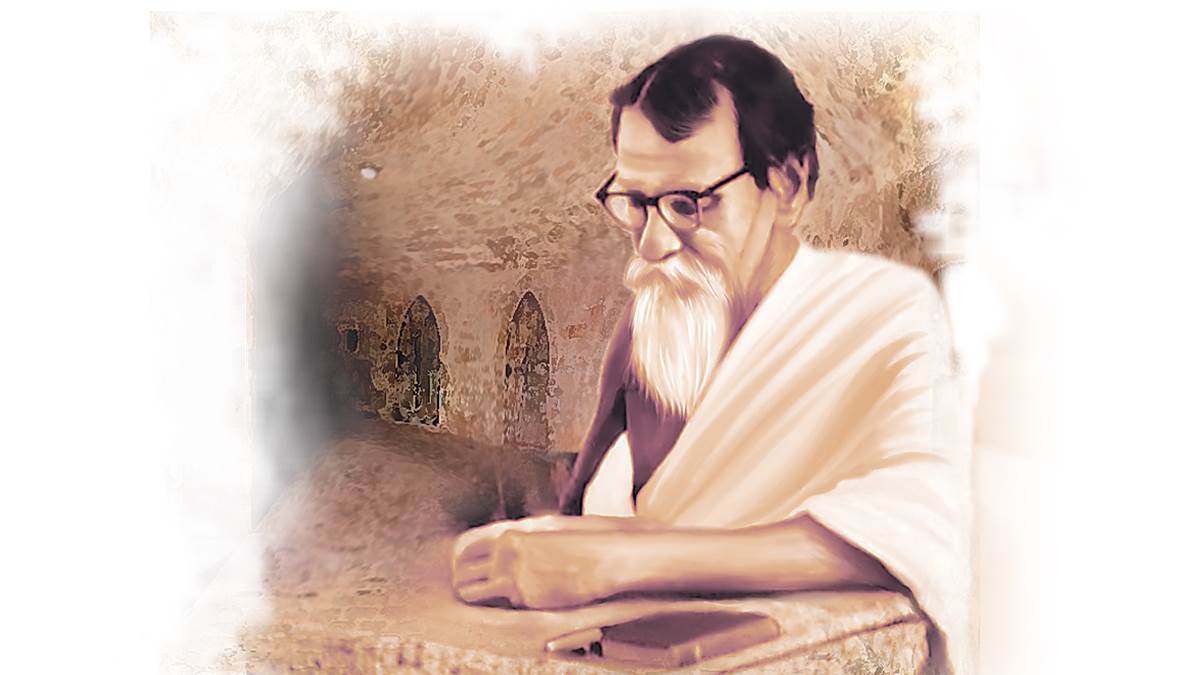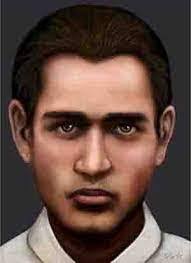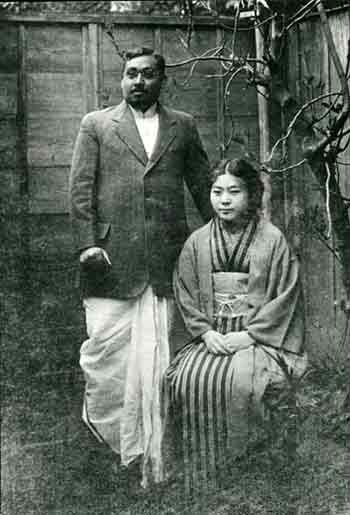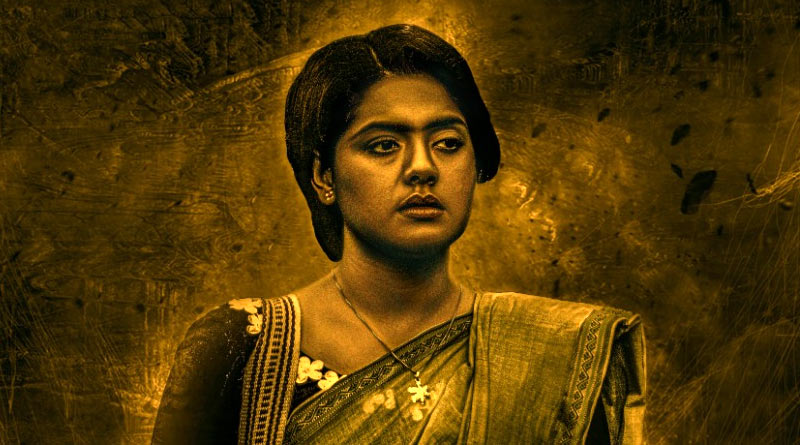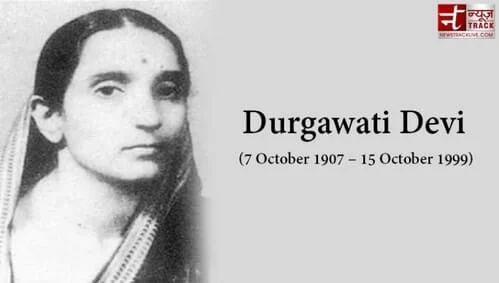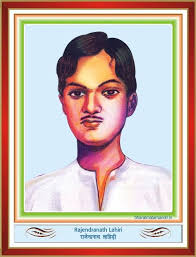Vinoba Bhave, a prominent figure in India’s freedom struggle and a revered advocate of nonviolence, left an indelible mark on the socio-political landscape of the nation. His life, teachings, and actions continue to inspire generations, emphasizing the power of compassion, simplicity, and nonviolent resistance in effecting transformative change.
Born on September 11, 1895, Vinayak Narahari Bhave, later known as Vinoba Bhave, grew up in a deeply spiritual environment. Influenced by the teachings of Bhagavad Gita and Mahatma Gandhi, he embarked on a journey dedicated to social reform and selfless service. Gandhi’s philosophy of Satyagraha deeply resonated with Vinoba, igniting within him a fervent commitment to truth and nonviolence.
Vinoba Bhave played a pivotal role in India’s struggle for independence. He actively participated in the Non-Cooperation Movement and later joined Gandhi’s historic Salt March in 1930. However, Vinoba’s contribution extended beyond political activism; his emphasis on constructive work, rural upliftment, and the eradication of poverty distinguished him as a social reformer par excellence.
One of Vinoba’s most significant contributions was the Bhoodan Movement, initiated in 1951. The movement aimed to address the issue of land ownership and distribution in rural India. Inspired by the concept of “land gift,” Vinoba urged affluent landowners to voluntarily donate a portion of their land to the landless peasants. Through persuasion and moral suasion, he succeeded in garnering widespread support for the cause.
The Bhoodan Movement, rooted in the principles of nonviolence and voluntary action, gained momentum across the country. Vinoba traversed villages and remote hamlets, engaging in dialogues with landowners and peasants alike. His humility, sincerity, and unwavering commitment to the welfare of the marginalized sections of society earned him the epithet of “Acharya” or spiritual teacher.
Despite facing numerous challenges and setbacks, Vinoba remained undeterred in his quest for social justice. His emphasis on self-discipline, self-reliance, and spiritual awakening struck a chord with millions, transcending barriers of caste, creed, and religion. The Bhoodan Movement, although not without its flaws and limitations, succeeded in redistributing vast swathes of land and empowering countless landless families.
Beyond land reform, Vinoba Bhave championed various other causes, including the promotion of Khadi, rural development, and education. He believed in the holistic development of individuals and communities, emphasizing the interdependence of physical, mental, and spiritual well-being. Vinoba’s vision of “Sarvodaya” or the welfare of all remains a guiding principle for social activists and policymakers alike.
Vinoba Bhave’s legacy extends far beyond his lifetime. His teachings continue to inspire movements for peace, justice, and sustainable development worldwide. In an era marked by violence and conflict, Vinoba’s message of ahimsa (nonviolence) and compassion assumes renewed significance. His life exemplifies the transformative power of love and moral courage in confronting injustice and inequality.
In conclusion, Vinoba Bhave’s remarkable journey from a humble village in Maharashtra to the corridors of national leadership exemplifies the potential of ordinary individuals to effect extraordinary change. His tireless efforts to uplift the downtrodden and his unwavering commitment to truth and nonviolence serve as a beacon of hope in a world grappling with myriad challenges. As we commemorate his legacy, let us reaffirm our commitment to building a more just, compassionate, and inclusive society, guided by the timeless principles of Vinoba’s philosophy.

